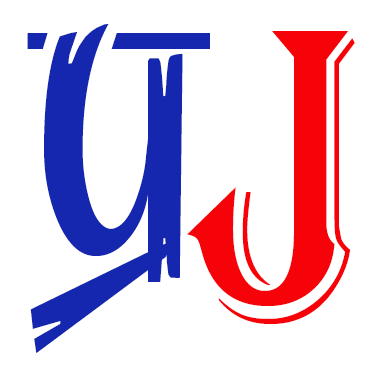An application, also known as an app, is a software program that runs on a single device like a computer, tablet, or smartphone and is created to carry out a particular purpose or set of functions. Apps are typically created by a single company or person and can be downloaded and installed from app stores or other sources.
A software program that operates on a decentralized network, such as a blockchain, is known as a dapp (short for decentralized application). Dapps, in contrast to conventional apps, operate independently on a distributed network of devices rather than being managed by a single entity or person. This indicates that they are typically more safe, open, and unaffected by control. Dapps have the important characteristic of usually using a cryptocurrency or token to reward users for joining the network and helping to run it. Decentralized marketplaces, prediction markets, and social networks are a few examples of dapps.
Decentralized applications can offer several advantages over traditional applications, including:
- Decentralization: Dapps are not controlled by a single entity, which means that they are less vulnerable to censorship or manipulation.
- Transparency: Dapps are typically open-source, which means that anyone can view their code and understand how they work.
- Security: Dapps can be more secure than traditional apps because they use cryptographic protocols to ensure that data is protected.
- Interoperability: Dapps can be designed to interact with other dapps or traditional applications, creating a more interconnected ecosystem.



